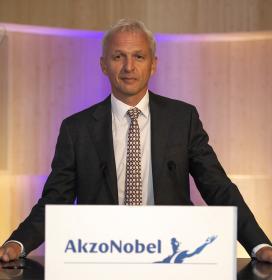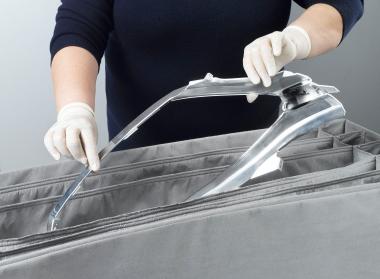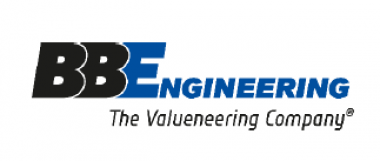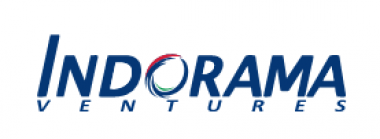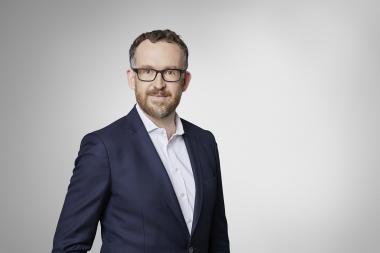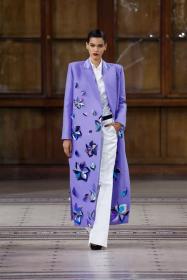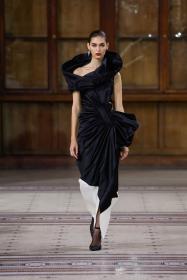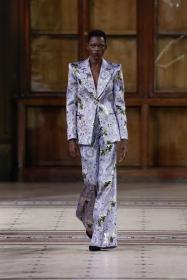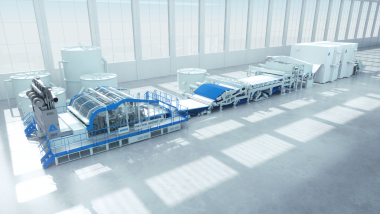AkzoNobel: Gregoire Poux-Guillaume new member of the Board of Management
At the Extraordinary General Meeting (EGM)- September. 6 2022, the shareholders of Akzo Nobel N.V. (AkzoNobel) appointed new CEO Gregoire Poux-Guillaume as a member of the Board of Management, effective November 1, 2022.
Mr. Poux-Guillaume will succeed Thierry Vanlancker, who has been CEO and member of the Board of Management since 2017, and whose term of office is coming to an end. Mr. Poux-Guillaume will join AkzoNobel on October 1, to ensure a smooth transition as per November 1.
Nils Smedegaard Andersen, Chair of AkzoNobel’s Supervisory Board, commented: “I would like to welcome Gregoire Poux-Guillaume, who is an experienced business leader with an impressive track record of delivering results, growth and building strong teams. His experience will play a key role in helping the company to further improve its operational excellence and performance. I’d also like to thank Thierry for his time at AkzoNobel, during which AkzoNobel was transformed to become a focused and competitive paints and coatings company, with significant returns to shareholders.”
Mr. Poux-Guillaume’s previous roles include CEO of Sulzer, CEO of GE Grid Solutions (previously Alstom Grid) and Senior Managing Director of CVC Capital Partners.
AkzoNobel


